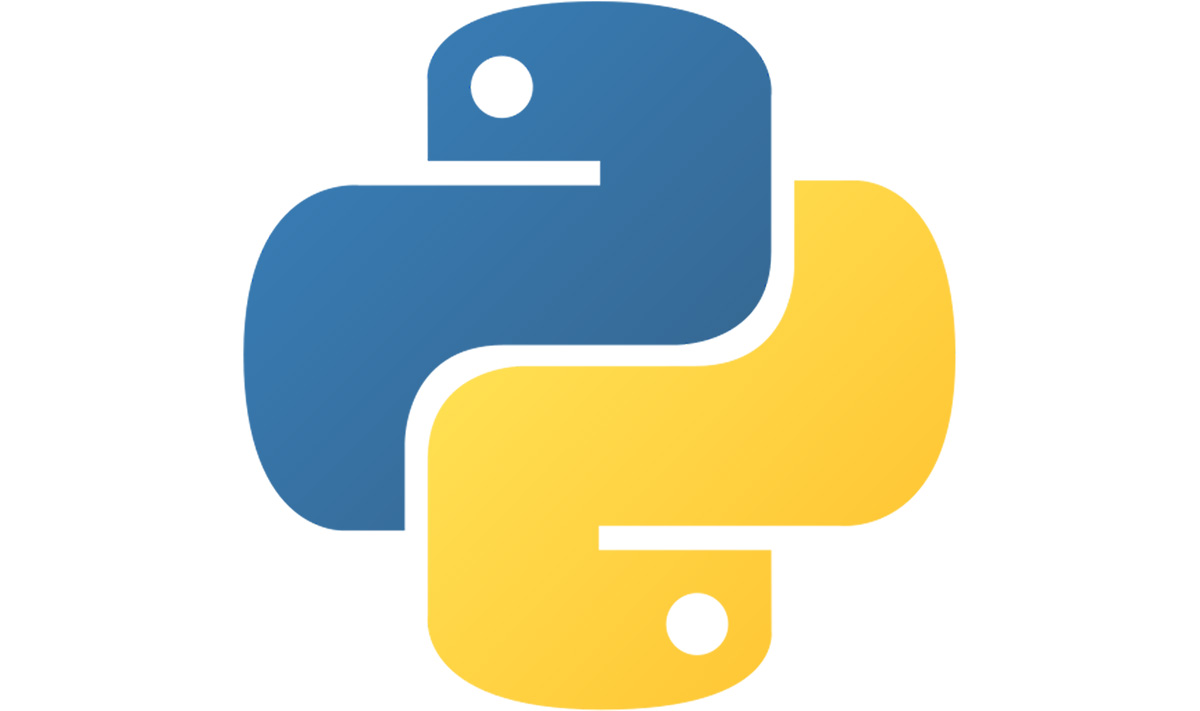Dynamic Python Module Import from Full Path
Learn how to dynamically import Python modules using their full path for greater flexibility and modularity in your code.
Learn how to dynamically import Python modules using their full path for greater flexibility and modularity in your code.
In Python, you can dynamically import modules at runtime. This means you can load and use modules while your program is running, providing flexibility and extensibility. Here's a step-by-step guide on how to dynamically import modules in Python:
importlib.util module. This module provides the necessary functions to dynamically import modules.importlib.util.spec_from_file_location() to create a module spec. This function takes two arguments: the name you want to give the imported module and the full path to the module file.importlib.util.module_from_spec() to create a module object from the spec.exec_module() on the module object. This will run the code in the module and make its functions and variables available.Now you can access the attributes of the dynamically imported module using the name you provided in the spec_from_file_location() function.
This Python code demonstrates how to dynamically import a Python module from a specified file path using the importlib module. It creates a module specification, loads the module from the specified path, executes its code, and then accesses a function defined within the imported module.
import importlib.util
# Define the path to the module file
module_path = "path/to/your/module.py" # Replace with the actual path
# Create a module spec
spec = importlib.util.spec_from_file_location("my_module", module_path)
# Create a module object
my_module = importlib.util.module_from_spec(spec)
# Execute the module's code
spec.loader.exec_module(my_module)
# Now you can access attributes of the imported module
# For example, if your module.py contains a function called 'my_function':
result = my_module.my_function()
print(result)Explanation:
importlib.util: This line imports the necessary module for dynamic imports.module_path: Replace "path/to/your/module.py" with the actual path to your Python file. This path can be absolute or relative to the current working directory.spec: spec_from_file_location() creates a module specification.
"my_module" is the name you'll use to refer to the imported module.module_path.my_module: module_from_spec() creates a module object from the specification.spec.loader.exec_module(my_module) actually runs the code within the module, making its functions, classes, and variables accessible.my_module.my_function() (or any other attribute defined in your module) just like you would with a regularly imported module.Important Notes:
try...except) to catch cases where the module file is not found or there are errors during import.importlib.reload(my_module) to reload an already imported module.importlib is the standard way for dynamic imports, there are other approaches like using __import__() (less explicit) or leveraging the imp module (deprecated since Python 3.4).This table summarizes the steps for dynamically importing Python modules:
| Step | Description | Code |
|---|---|---|
| 1. Import Module | Import the importlib.util module. |
import importlib.util |
| 2. Define Module Path | Specify the full path to your module as a string. | module_path = "/path/to/your/module.py" |
| 3. Create Module Spec | Use spec_from_file_location() to create a module specification. Provide a desired module name and the file path. |
spec = importlib.util.spec_from_file_location("my_module", module_path) |
| 4. Create Module Object | Use module_from_spec() to generate a module object from the created specification. |
module = importlib.util.module_from_spec(spec) |
| 5. Execute Module Code | Execute the module's code using exec_module() on the module object. |
exec_module(module) |
| 6. Access Module Content | Access functions and variables within the dynamically imported module using the name provided in step 3. | my_module.my_function() |
Dynamic module importing in Python, primarily using the importlib module, offers a powerful way to load and utilize modules during runtime. This flexibility is essential for various applications, including plugin systems, configuration-based imports, and managing optional dependencies. However, it's crucial to be aware of potential security risks, especially when dealing with modules from untrusted sources. Always validate and sanitize module paths to prevent vulnerabilities. Understanding the nuances of dynamic imports empowers developers to write more adaptable and extensible Python code.
 Dynamically Import a Module by Full Path in Python | by Doug ... | Exploring the method to dynamically import a module in Python using its full path involves utilizing the importlib.util module, creating a…
Dynamically Import a Module by Full Path in Python | by Doug ... | Exploring the method to dynamically import a module in Python using its full path involves utilizing the importlib.util module, creating a… How can I import a Python module dynamically given the full path ... | Better Stack lets you see inside any stack, debug any issue, and resolve any incident.
How can I import a Python module dynamically given the full path ... | Better Stack lets you see inside any stack, debug any issue, and resolve any incident. Import files directly from file location - Ideas - Discussions on Python ... | Importing new modules in Python is a pain, and far from straightforward. The trivial way to import a new module would be to give the full path of the file containing the required code - which could be a python init module itself, setting up a fully functional module. The import behaviour could change such a way that every beginner would feel involved, and we wouldn’t have long discussions about importing modules. The new behaviour - added to existing - would look like: import ‘path/to/mod...
Import files directly from file location - Ideas - Discussions on Python ... | Importing new modules in Python is a pain, and far from straightforward. The trivial way to import a new module would be to give the full path of the file containing the required code - which could be a python init module itself, setting up a fully functional module. The import behaviour could change such a way that every beginner would feel involved, and we wouldn’t have long discussions about importing modules. The new behaviour - added to existing - would look like: import ‘path/to/mod... How to import a Python module given the full path? - GeeksforGeeks | A Computer Science portal for geeks. It contains well written, well thought and well explained computer science and programming articles, quizzes and practice/competitive programming/company interview Questions.
How to import a Python module given the full path? - GeeksforGeeks | A Computer Science portal for geeks. It contains well written, well thought and well explained computer science and programming articles, quizzes and practice/competitive programming/company interview Questions. importlib — The implementation of import — Python 3.12.7 ... | Source code: Lib/importlib/init.py Introduction: The purpose of the importlib package is three-fold. One is to provide the implementation of the import statement (and thus, by extension, the__i...
importlib — The implementation of import — Python 3.12.7 ... | Source code: Lib/importlib/init.py Introduction: The purpose of the importlib package is three-fold. One is to provide the implementation of the import statement (and thus, by extension, the__i... How can I import a module dynamically given the full path? | You can use the importlib.import_module function to import a module dynamically given the full path to the module.
How can I import a module dynamically given the full path? | You can use the importlib.import_module function to import a module dynamically given the full path to the module. Dynamically Import a Module by Full Path in Python - EnableGeek | There are solutions for many file processing chores in this repetitive and routine Python work of file handling. An example of one of these situations is when
Dynamically Import a Module by Full Path in Python - EnableGeek | There are solutions for many file processing chores in this repetitive and routine Python work of file handling. An example of one of these situations is when